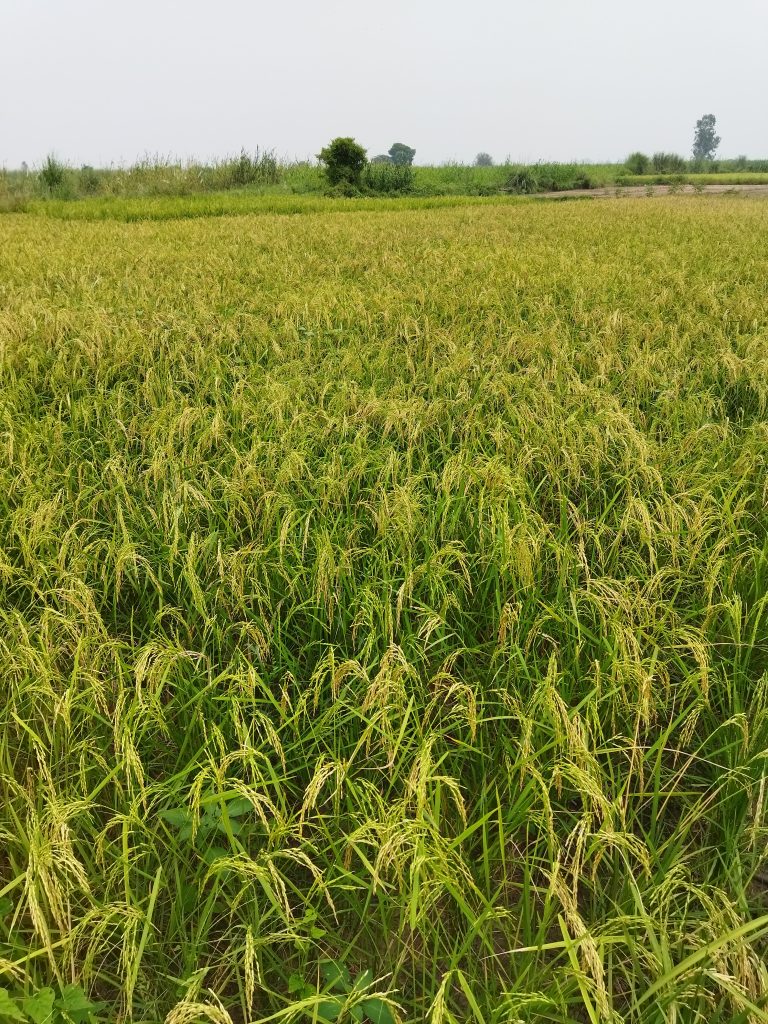Both varieties are recommended for cultivation in northwest India

Farmers of north India can now cultivate two varieties of non-genetically modified (GM) basmati — Pusa Basmati 1979 and Pusa Basmati 1985 — which are tolerant to the usage of herbicides. Agriculture scientists suggest that both varieties are also suitable for direct seeding, which saves water and labour.
These varieties have been developed by the developed by the Indian Agricultural Research Institute (IARI or Pusa), New Delhi. Pusa Basmati 1979 and Pusa Basmati 1985 contain a mutated acetolactate synthase (ALS) gene making it possible for farmers to spray Imazethapyr, a broad-spectrum herbicide, to control weeds.
The Indian government’s Central Sub-Committee on Crop Standards, Notification and Release of Varieties for Agricultural Crops had notified Pusa Basmati 1979 and Pusa Basmati 1985 for cultivation. The committee had approved these varieties during its meeting in September 2021.
Pusa Basmati 1979 has been recommended for cultivation in Delhi, Punjab and Haryana and Pusa Basmati 1985 for Delhi, Punjab and western Uttar Pradesh. IARI officials say that seeds of both these herbicide-tolerant varieties will be available easily from the next kharif season i.e., 2023.
Apart from these two, three more basmati varieties of IARI were notified in September 2021 for cultivation. These are Pusa Basmati 1847, Pusa Basmati 1885 and Pusa Basmati 1886.
Pusa Basmati 1847 has been recommended for cultivation in Delhi, Punjab and western Uttar Pradesh Pusa Basmati 1885 for Delhi, Punjab and Haryana. Pusa Basmati 1886 has been recommended for cultivation in Haryana and Uttarakhand.
To read in Punjabi and Hindi, click below.
